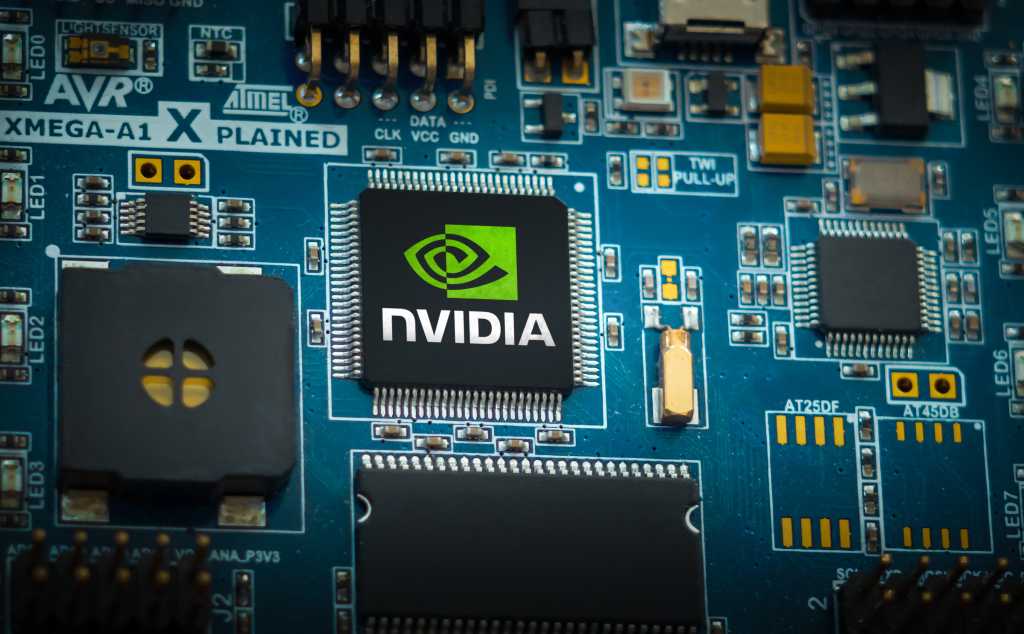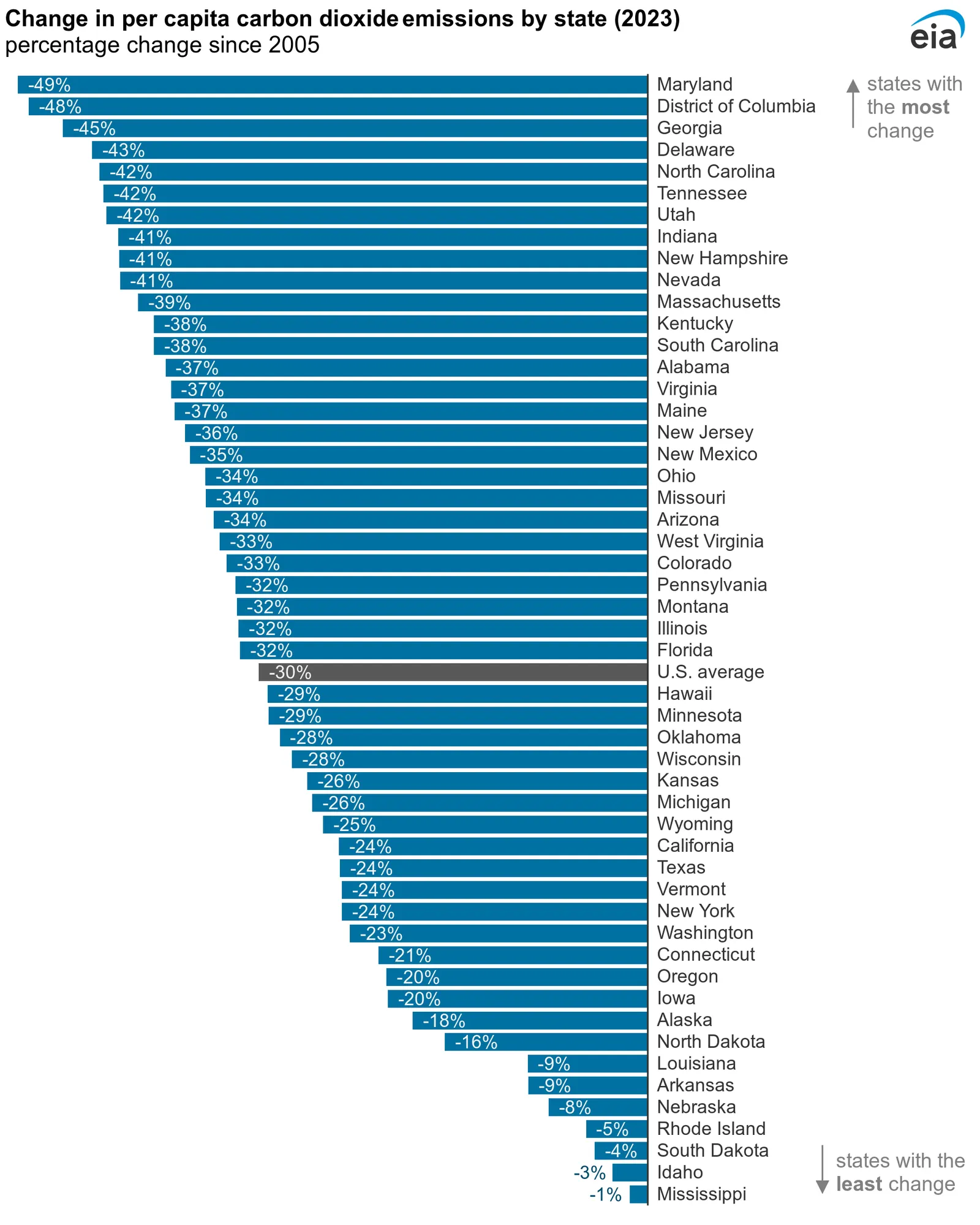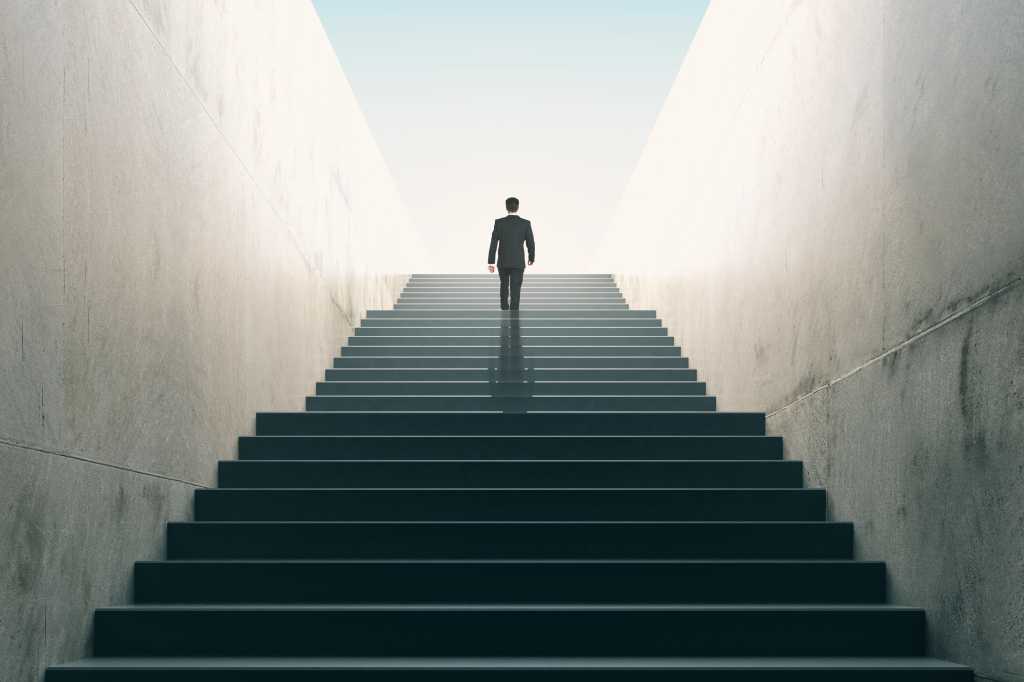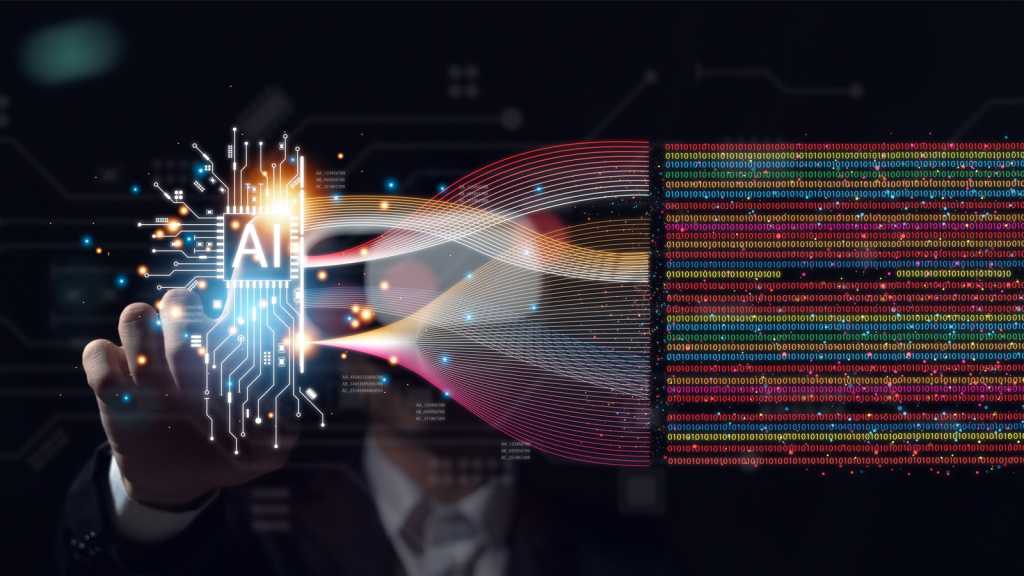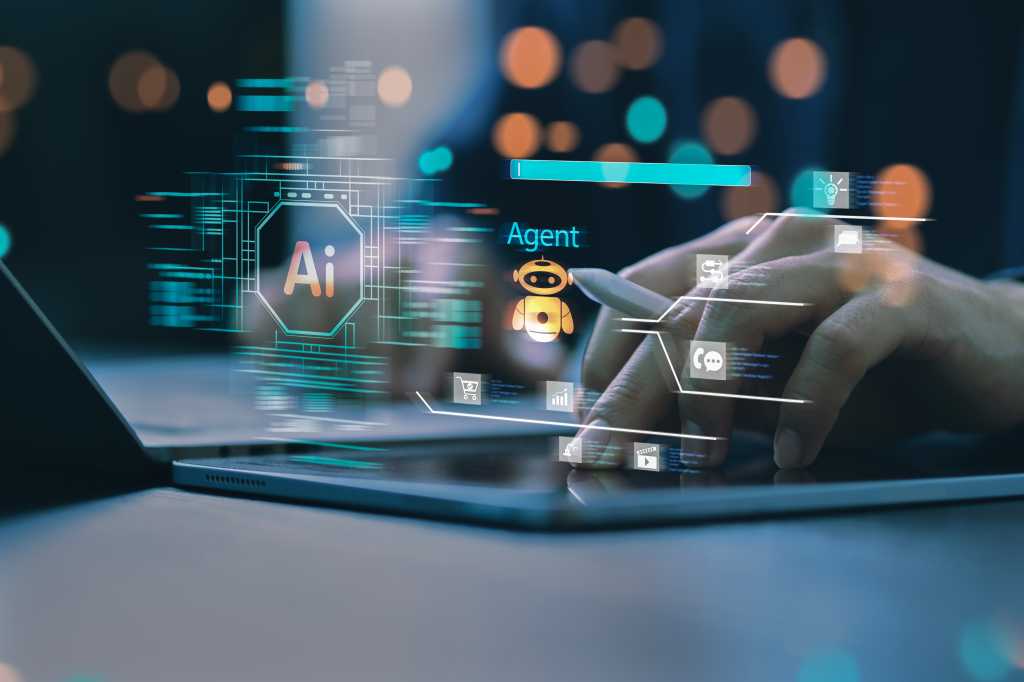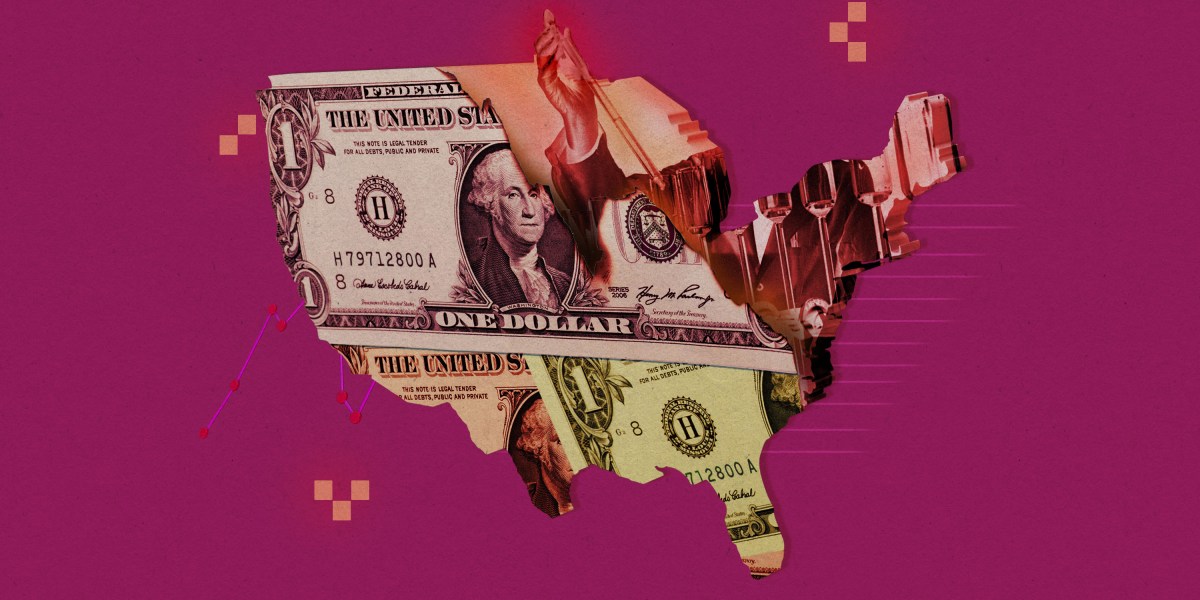This is today’s edition of The Download, our weekday newsletter that provides a daily dose of what’s going on in the world of technology.
How to measure the returns on R&D spending
Given the draconian cuts to US federal funding for science, it’s worth asking some hard-nosed money questions: How much should we be spending on R&D? How much value do we get out of such investments, anyway?
To answer that, in several recent papers, economists have approached this issue in clever new ways. And, though they ask slightly different questions, their conclusions share a bottom line: R&D is, in fact, one of the better long-term investments that the government can make. Read the full story.
—David Rotman
This article is part of MIT Technology Review Explains, our series untangling the complex, messy world of technology to help you understand what’s coming next. You can read more from the series here.
If you’re interested in reading more about America’s economic situation, check out:
+ Sweeping tariffs could threaten the US manufacturing rebound—and they could stunt its ability to make tomorrow’s breakthroughs. Read the full story.
+ The surprising barrier that keeps us from building the housing we need. Read the full story.
+ How to fine-tune AI for prosperity.
+ People are worried that AI will take everyone’s jobs. We’ve been here before.
MIT Technology Review Narrated: How AI can help supercharge creativity
Forget one-click creativity. Artists and musicians are finding new ways to make art using AI, by injecting friction, challenge, and serendipity into the process.
This is our latest story to be turned into a MIT Technology Review Narrated podcast, which we’re publishing each week on Spotify and Apple Podcasts. Just navigate to MIT Technology Review Narrated on either platform, and follow us to get all our new content as it’s released.
The must-reads
I’ve combed the internet to find you today’s most fun/important/scary/fascinating stories about technology.
1 TikTok’s buyers may include Oracle, Silver Lake and Andreessen Horowitz
They would control around 80% of the business, with Chinese shareholders holding the rest. (WSJ $)
+ We still have plenty of unanswered questions about the deal. (Bloomberg $)
+ It was brokered in Madrid. (The Guardian)
2 OpenAI is working on a version of ChatGPT for teenagers
And it’ll use age-prediction tech to bar them from the standard version. (Axios)
+ The move comes as the US Senate is hearing evidence about chatbot harms. (404 Media)
+ The looming crackdown on AI companionship. (MIT Technology Review)
3 China has banned tech firms from buying Nvidia’s chips
In an effort to boost its own companies. (FT $)
+ Alibaba and ByteDance have been instructed to terminate orders. (Bloomberg $)
4 Anthropic refuses to let US law enforcement use its models
Much to the White House’s chagrin. (Semafor)
5 Tesla’s doors may trap passengers inside its cars
Vehicle safety regulators are investigating after people reported being forced to break windows to retrieve children. (NYT $)
6 How AI companies train their models to do white-collar jobs
After hitting a wall, they’re throwing money at the problem. (The Information $)
+ New training ‘environments’ are a hot AI topic right now. (TechCrunch)
+ How AI is shaking up corporate hierarchies. (WSJ $)
7 Inside Damascus’ bid to become a tech hub
The city’s tech industry has been embraced by its new government. (Rest of World)
8 A supply shipment to the ISS has been delayed
NASA is blaming engine trouble. (Ars Technica)
+ The great commercial takeover of low Earth orbit. (MIT Technology Review)
9 Our darkest nights are getting lighter
Artificial light is ruining our chances of seeing starry skies. (IEEE Spectrum)
+ Bright LEDs could spell the end of dark skies. (MIT Technology Review)
10 You can now book a safari through Uber 🦒🦓
Expedition into Nairobi National Park, anyone? (Bloomberg $)
Quote of the day
“What began as a homework helper gradually turned itself into a confidant and then a suicide coach.”
—Matthew Raine, whose 16-year old son Adam died by suicide after repeatedly sharing his intentions with ChatGPT, gives evidence to a Senate Judiciary subcommittee investigating chatbot dangers, the Washington Post reports.
One more thing
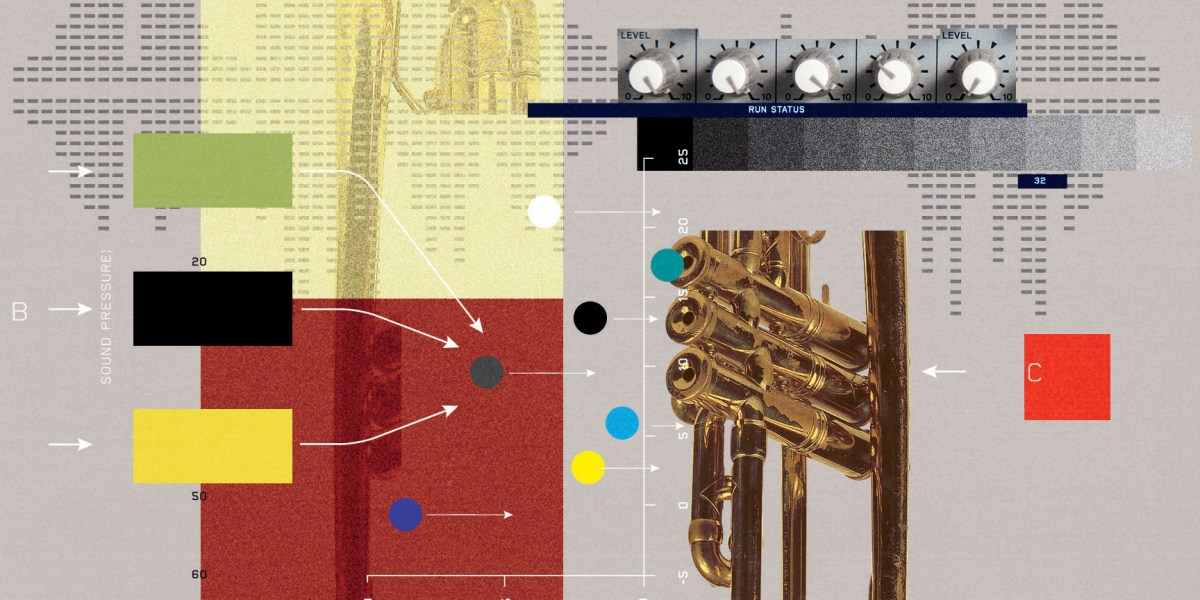
AI is coming for music, too
While large language models that generate text have exploded in the last three years, a different type of AI, based on what are called diffusion models, is having an unprecedented impact on creative domains.
By transforming random noise into coherent patterns, diffusion models can generate new images, videos, or speech, guided by text prompts or other input data. The best ones can create outputs indistinguishable from the work of people
Now these models are marching into a creative field that is arguably more vulnerable to disruption than any other: music. Read the full story.
—James O’Donnell
We can still have nice things
A place for comfort, fun and distraction to brighten up your day. (Got any ideas? Drop me a line or skeet ’em at me.)
+ Food, in all shapes and forms, is bigger than ever. So why aren’t we watching cooking shows any more?
+ Kate Bush’s Hounds of Love turns 40 this year, but still sounds as fresh as ever.
+ Here’s how to maximize your chances of booking a bargain flight.
+ Robert Redford, you were one of a kind.



